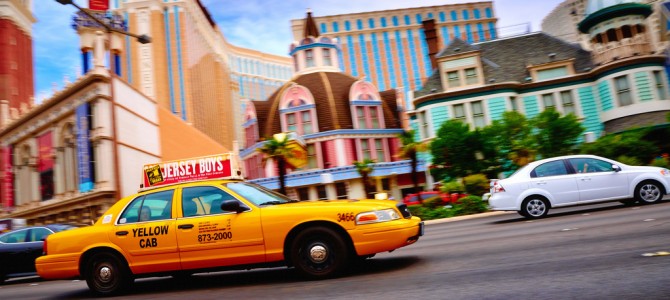The lack of cultural awareness on the Center-Right in this country is frustrating, to say the least. For all of the internal talk about needing to change hearts and minds through improved campaign messaging, we miss so many easy opportunities to chip away at the intellectually, morally deficient underbelly of progressive liberalism.
The flaws in the Left’s economic agenda appear self-evident to those of us who already understand and appreciate the tenets of free enterprise and limited government. Preaching to the choir is something we do very well. But in a state like California even the obvious failures of the entrenched, bureaucratic, Democrat-dominated machine can be explained away with a few references to “greed,” “capitalism,” and “public safety.”
Clear-cut examples of the real-world impact that progressive liberalism has on our daily lives need bright spotlights on them. Especially when the examples in question impact the drinking and partying habits of young adults who aren’t familiar with Milton Friedman.
Case in point: The battle over Uber (and similar ride-sharing companies like Lyft and Sidecar).
From Forbes.com earlier this summer:
The California Public Utilities Commission warned Uber, Lyft, Sidecar and other car app companies in a stern letter this week that they are not allowed to take riders to or from any airport in the state. They have two weeks to comply. After that, any company whose drivers are spotted picking up or dropping off passengers at an airport could lose its permit and be shut down in California.
From Venturebeat.com:
Left unchanged, a bill sitting in the California State Senate threatens the business models of ridesharing startups like Uber, Lyft, and Sidecar.
This week, the California State Senate’s insurance committee passed bill AB 2293, a measure to require ‘transportation network companies’ such as Uber to insure drivers as soon as they turn on their ridesharing app of choice. Currently, Uber and similar startups offer drivers commercial insurance when their app is on and someone has accepted a ride — the coverage then generally lasts until the rider exits the car their destination.
If AB 2293 passes through the state’s Appropriations Committee and becomes law, taxi industry leaders will flood newswires with victory cheers.
Not to be outdone, the Germans have allowed union influence to dictate economic policy with the news that the city of Berlin has banned companies like Uber from operating at all. From The Guardian:
The Berlin ban follows Europe-wide protests by taxi drivers in June. In its statement, the Berlin senate said the “protection of the taxi industry” was one of the factors it had taken into consideration.
The Association of Berlin Taxi Drivers welcomed the decision in a statement on its website. ‘As taxi drivers, we have to meet a series of rules and commitments,’ said its chairman, Richard Leipold. ‘With its decision the senate has clarified that these apply to every player on the market, even digital competitors.’
Notice the union’s request isn’t for a change to the government’s “rules and commitments.” The request is for Uber to be forced to conform to the same “rules and commitments” that created conditions crappy enough for entrepreneurs to introduce something better and more profitable. In short: be as bad at your jobs as we are, or be forced out of business.
Uber is growing because Uber is better. As a small-business owner on the west side of Los Angeles, I use Uber all of the time and have nothing but positive things to report. The drivers are polite. The cars are clean. Both customer and driver are able to rate each other. Fares are cheaper. The only thing I miss about traditional cab service is the lack of hilarious stories about how horrible the experience was.
Here in L.A., young people may love it because it’s cheaper (and greener) to make that lunch a liquid one, but who cares? Whether you are hitting up a trendy club with your crew, or rushing to that 3 a.m. booty call, ride-sharing apps like Uber have made it cool (and conscientious) to stimulate the local economy by summoning a reliable ride on your smart phone. If you want to connect with a younger, hipper demographic, you’re going to have to speak their language in making the case for your principles.
What I know is this: since news of a union-led campaign against Uber broke this summer here in L.A., I have heard more non-conservative, non-political people under the age of 40 talking about how corrupt and anti-business the state of California is than at any point in the past few years. An opportunity to distinguish conservative, free market ideals from those that have run this state into the ground has presented itself to pro-entrepreneurial Republican candidates in 2014.
But instead, I regularly receive emails from Uber telling me that two Democrats are leading the charge in their defense.
As Master Yoda put it: “And that is why you failed…”









